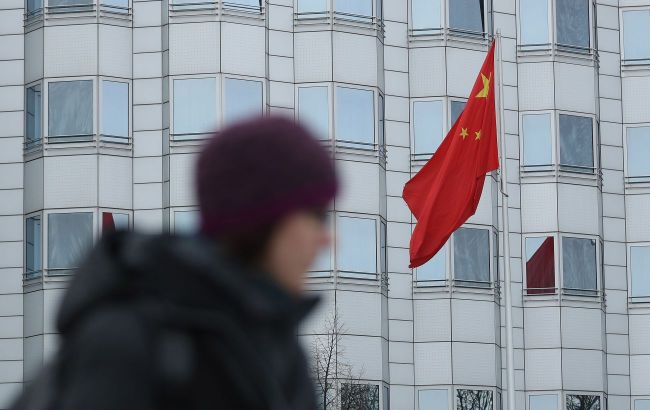China invests unprecedented resources in disinformation and censorship tactics
 China is investing unprecedented resources in disinformation and censorship (Photo: Getty Images)
China is investing unprecedented resources in disinformation and censorship (Photo: Getty Images)
The government of China is investing unprecedented resources in various tactics of disinformation, surveillance, and censorship, as well as persecuting dissidents, according to the U.S. State Department.
China is investing unprecedented resources in various tactics of disinformation, surveillance, and censorship, as well as persecuting dissidents. This is an attempt to shape international narratives in their favor among foreign audiences worldwide.
"China is becoming more confident in its power and believes it can advance its interests through information manipulation," states the report from the U.S. State Department.
The report mentions that some of Beijing's methods include misleading or biased claims that suppress criticism of its policies and political leadership. China spends billions of dollars on these methods annually.
Examples of Chinese propaganda cited in the report include Chinese state media supporting and amplifying pro-Kremlin or anti-NATO propaganda following Russia's invasion of Ukraine. For instance, Moscow's claims about secret biological weapons facilities funded by the United States on Ukrainian territory.
"Russian media, we also see increasingly positive representation of China.. including the issues concerning the camps in Xinjiang, Hong Kong movements, independence movements, and Taiwan and so forth – directly echoing official rhetoric from China," the report states.
During the visit of former Speaker of the House Nancy Pelosi to Taiwan in August of the previous year, Beijing "significantly amplified" its own messages about military and economic measures it took in protest but omitted statements critical of the Chinese government.
The report also discusses how the Chinese government has used intimidation tactics to obstruct dissent. Chinese authorities have worked with private companies in the country to "identify and localize critics abroad." The report does not name these companies.
It further notes that Beijing's successes have been more limited in democratic countries. Beijing has faced significant setbacks, often due to resistance from local media and civil society.
Previously, we reported that the European Union could become dependent on China for lithium-ion batteries by 2030 if decisive measures are not taken in this direction.

